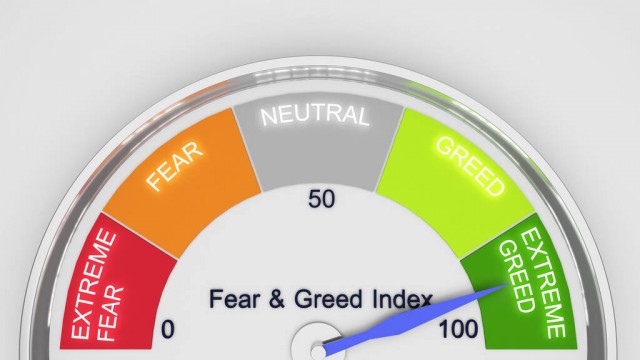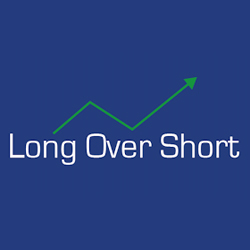In trading, it’s easy to find yourself reacting instead of thinking. Maybe you sell too soon out of fear or rush into a position before your strategy is clear. Often, this comes down to one common weakness—following the crowd.

The herd mentality is as old as humanity itself. People naturally seek safety in numbers, and in the markets, that instinct shows up in predictable ways. News headlines, analyst reports, and even rumors can spark waves of buying or selling. Instead of asking, “Does this align with my strategy?” many traders simply join the rush. Fear and greed take over, and the result is usually regret.
This behavior mirrors the herd of cattle often used as an analogy in trading. When one cow wanders, the rest follow, not because they’ve reasoned it out, but because instinct drives them. Traders who mimic the herd may feel secure, but in reality, they are exposing themselves to unnecessary risk.
The difference between professionals and impulsive traders often comes down to one thing: a plan. A seasoned trader operates with clear rules—when to enter, when to exit, and under what conditions to sit tight. They know why they are taking a trade and what outcome they expect. In contrast, a novice who trades without preparation often reacts emotionally, giving in to short-term fear or excitement.
It’s true that experienced traders sometimes work from intuition, processing information quickly and acting almost automatically. But this “trading instinct” is not magic—it’s the result of years of disciplined practice. Beginners who try to imitate it usually fall into the trap of trading by impulse, leaving their accounts vulnerable to losses.

advfn
The key is deliberate action. Every trade should stem from a hypothesis about market movement and a strategy for handling it. Without this, you are at the mercy of the crowd. The masses may feel safer moving together, but history shows they are usually late to both rallies and sell-offs. By the time most traders act, the edge is already gone.
Winning traders separate themselves from the herd by staying conscious of their decisions. They accept that emotions like fear, greed, and hope are ever-present, but they don’t allow those emotions to dictate their trades. Instead, they follow their plan.
In short, following the crowd may feel comfortable, but it rarely pays. If you want consistent results, trade with awareness, discipline, and a strategy that reflects your own analysis—not the noise of the herd.
Learn from market wizards: Books to take your trading to the next

 Hot Features
Hot Features












